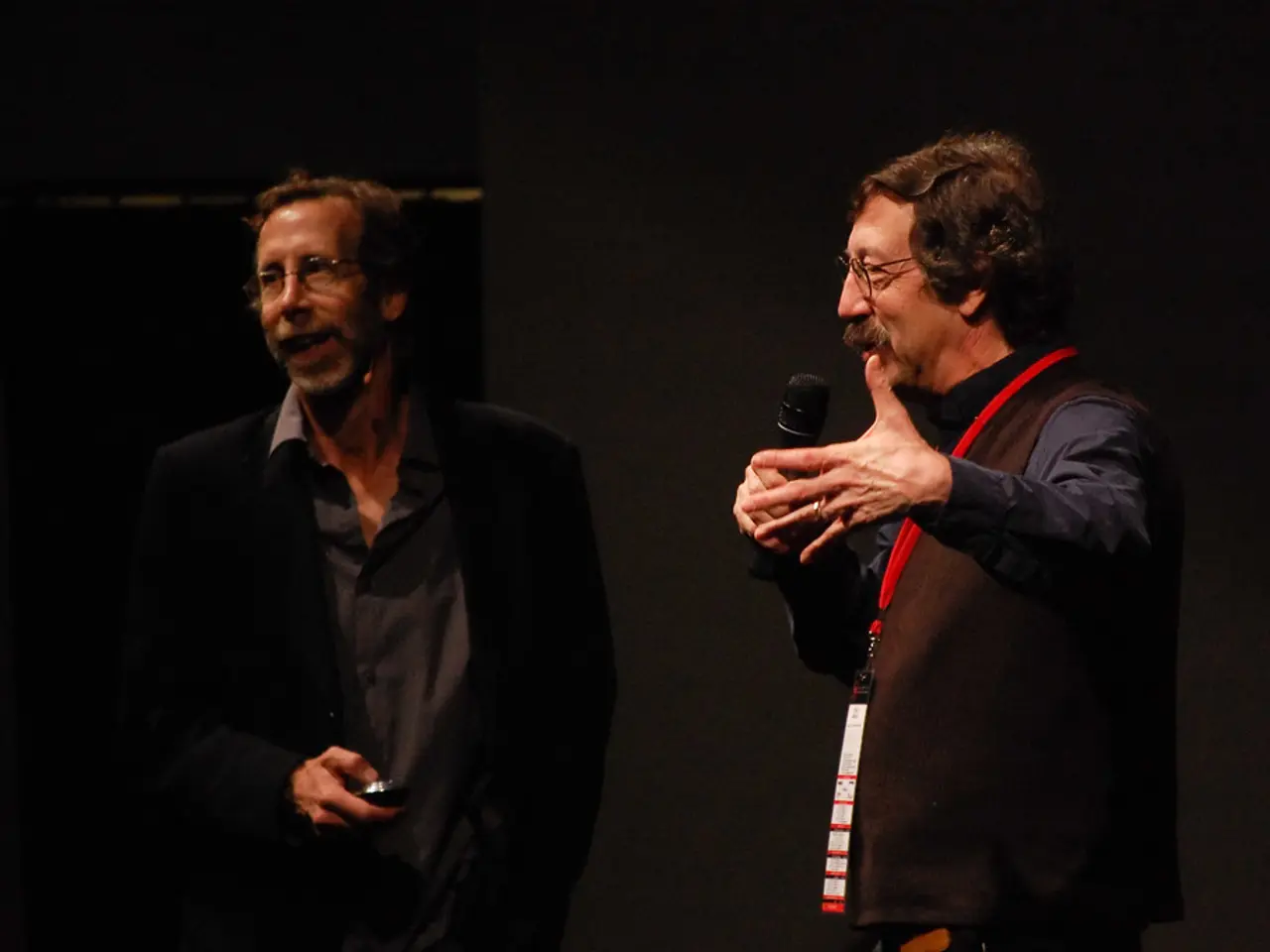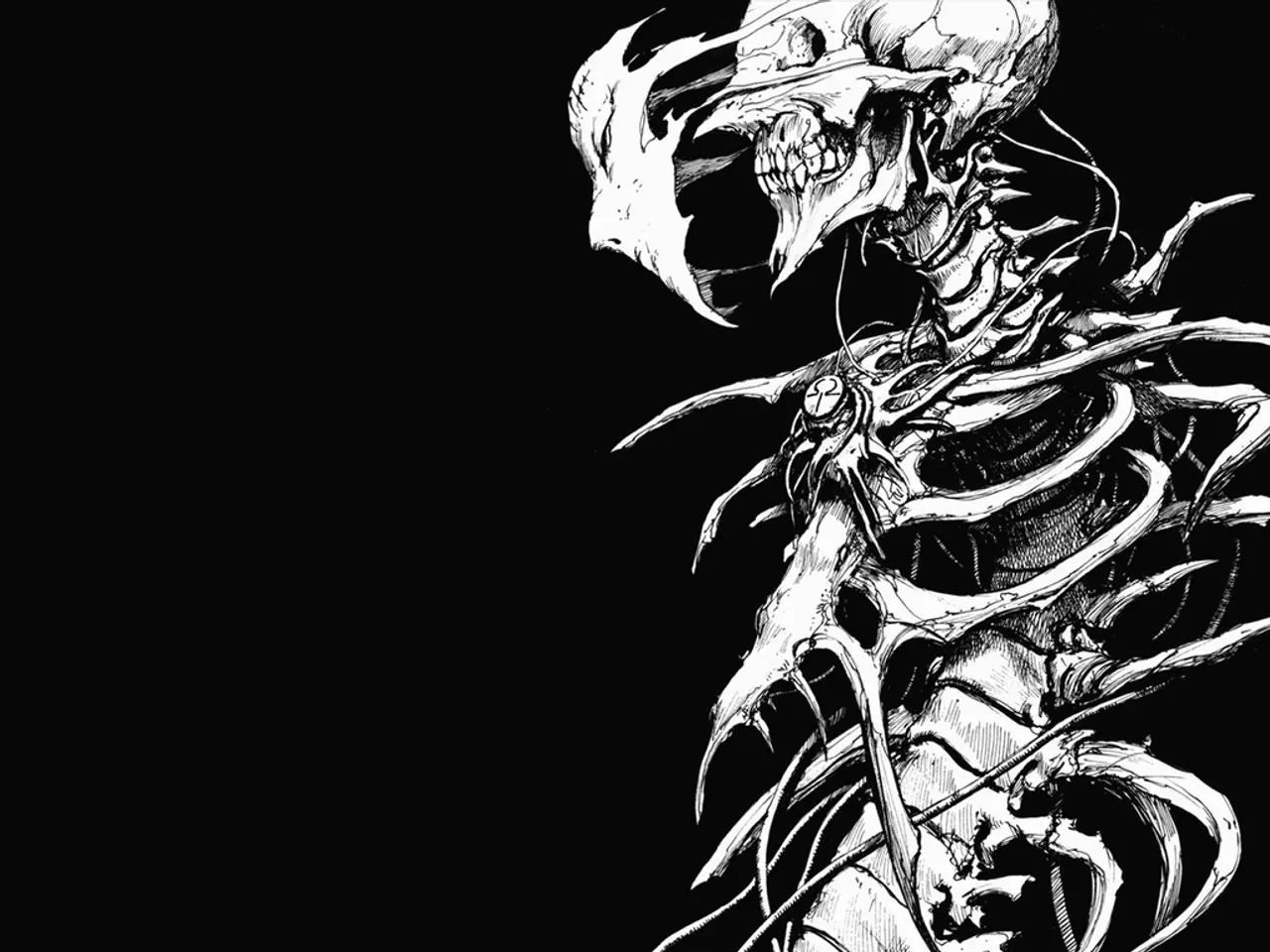Comparison of Indian psychological thrillers versus Hollywood productions: A worldwide analysis
Indian and Hollywood Psychological Thrillers: A Tale of Two Cultures
In the realm of psychological thrillers, two distinct styles have emerged, each shaped by its unique cultural context and cinematic traditions. The Indian psychological thriller, with its roots deeply entrenched in mythology, social commentary, and genre-blending, stands in stark contrast to its Hollywood counterpart, which prioritizes psychological realism, character-driven suspense, and tightly plotted narratives.
Storytelling and Themes
Indian psychological thrillers frequently incorporate elements of traditional myths, supernatural beliefs, and social issues. For instance, the 2025 series Mandala Murders combines a police procedural with occult practices rooted in Indian cult mythology, exploring themes like faith versus science and political corruption. In contrast, Hollywood thrillers tend to emphasize more secular, often universal psychological conflicts with a focus on individual psyche and crime dynamics without the frequent integration of mythology or social-cultural rituals.
Cinematic Techniques
Indian thrillers often show a strong emphasis on atmospheric world-building and blending visual storytelling with symbolic cultural artifacts. Mandala Murders, for example, uses period flashbacks and occult imagery alongside modern thriller techniques. Hollywood psychological thrillers, on the other hand, frequently apply fast-paced editing, dramatic lighting contrasts, and intense, focused character-driven narratives aimed at creating a claustrophobic or suspenseful experience.
Audience Reception
Indian audiences often engage deeply with thrillers that combine cultural relevance, mythological depth, and social issues, though reception can be mixed when narratives become complex or pacing uneven. Hollywood audiences have broadly embraced psychological thrillers as a major genre staple, expecting tight, suspenseful narratives with emphasis on plot twists and character psychology. The reception to similar Indian works sometimes reflects challenges in pacing and narrative coherence due to cultural storytelling styles.
A New Era for Indian Psychological Thrillers
In recent years, Indian psychological thrillers have made significant strides, gaining global praise and being recognized for their unique cultural perspectives, emotional depth, and compelling performances. Many Indian psychological thrillers are now available on streaming platforms like Netflix and Amazon Prime, making them accessible to a global audience. Moreover, Hollywood has begun remaking Indian psychological thrillers, highlighting their growing appeal outside the Indian subcontinent.
Examples of Indian psychological thrillers that have captured the imagination of audiences worldwide include Kahaani (2012), Drishyam (2015), Raatchasan (2018), and Tumbbad (2018), each offering a fresh perspective on the genre. These films use the bustling streets of Kolkata, dark, muted tones, and grounded realism to create a sense of isolation and tension. They focus on ordinary individuals caught in extraordinary circumstances, exploring their emotions, motivations, and relationships rather than relying on intricate plot structures.
While Hollywood has been a pioneer in psychological thrillers, with early examples like Alfred Hitchcock's Psycho (1960) and later films such as Se7en (1995), The Sixth Sense (1999), and Shutter Island (2010), Indian psychological thrillers offer a distinctly different perspective. They frequently draw from the country's rich cultural and familial values, focusing on themes of revenge, justice, and societal expectations.
In summary, Indian and Hollywood psychological thrillers offer different perspectives, with Indian thrillers focusing more on emotional depth, moral dilemmas, and cultural nuances, while Hollywood thrillers often center on complex plots and psychological trauma. Each, in its own way, delves into the human psyche, exploring themes of paranoia, deception, and psychological trauma, making them a captivating addition to the world of cinema.
References: 1. Mandala Murders on IMDb 2. Laxmii on IMDb 3. Stolen on IMDb 4. Tumbbad on IMDb 5. Kahaani on IMDb 6. Drishyam on IMDb 7. Raatchasan on IMDb
- Movies-and-TV audiences can explore a thrilling mix of action, romance, drama, horror, and psychological elements in Indian psychological thrillers, such as Kahaani, Drishyam, Raatchasan, and Tumbbad, which offer unique cultural perspectives and emotional depth.
- Hollywood psychological thrillers continue to captivate audiences with their focus on complex plots, psychological trauma, suspense, and character-driven narratives, exemplified by classics like Alfred Hitchcock's Psycho, Se7en, The Sixth Sense, and Shutter Island.
- As Indian psychological thrillers gain global recognition, they are being remade in Hollywood, blending genres and bringing unique cultural insights to the world of entertainment.





